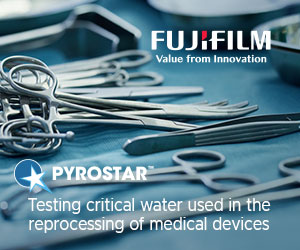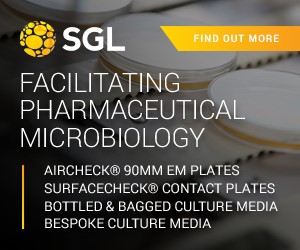Hardy Diagnostics Bu...
Micro Imaging Techno...
19th January 2016 Content supplied by: NCIMB Ltd
NCIMB Adds New Hydrocarbon Degrading and Radiation Resistant Ref Strains
Recent additions to the National Collection of Industrial Food and Marine Bacteria include aromatic hydrocarbon degrading and radiation resistant strains of bacteria.
NCIMB manages the National Collection of Industrial, Food and Marine Bacteria, the UK’s biggest repository for reference strains of environmental and industrially useful bacteria, plasmids and bacteriophages. The collection is a unique genetic resource for researchers and industry.
Strains within our collection have a wide range of potential applications such as bioremediation, disinfectant testing and QC procedures, as well as antibiotic, enzyme and food production. We regularly work with partners to look for novel properties in our strains that may lead to new products or applications.
Sphingobium scionense (NCIMB 14999) was isolated from hydrocarbon contaminated soil in New Zealand, and is a Gram negative, rod shaped aerobic bacterium with the ability to degrade aromatic hydrocarbons.
Deinococcus depolymerans (NCIMB 14998) came from a fresh water sample in Japan. It is a Gram positive, non-motile, non-spore-forming rod-shaped bacterium that is resistant to Gamma and UV radiation.
Orders for reference strains and QC cultures received before 14:00 hours can usually be dispatched for next day delivery.
For further information about depositing strains in our collection or to find out more about collaborating with NCIMB, contact, Dr Sam Law.
Tags:
Date Published: 19th January 2016
Source article link: View
Hardy Diagnostics Buy GG&B
Micro Imaging Technology Adds S.






